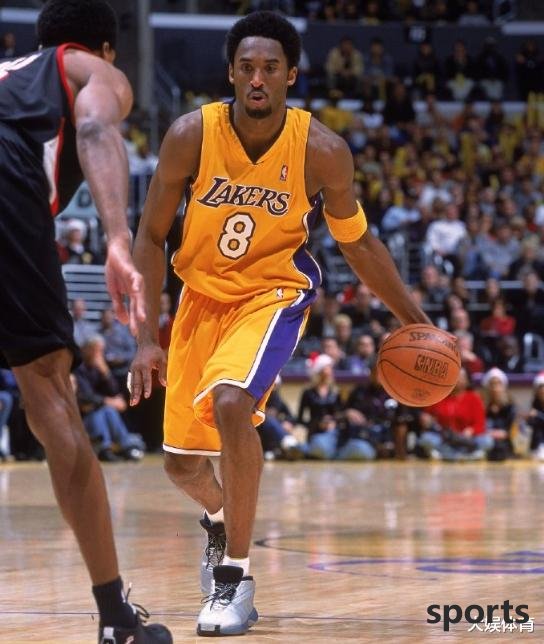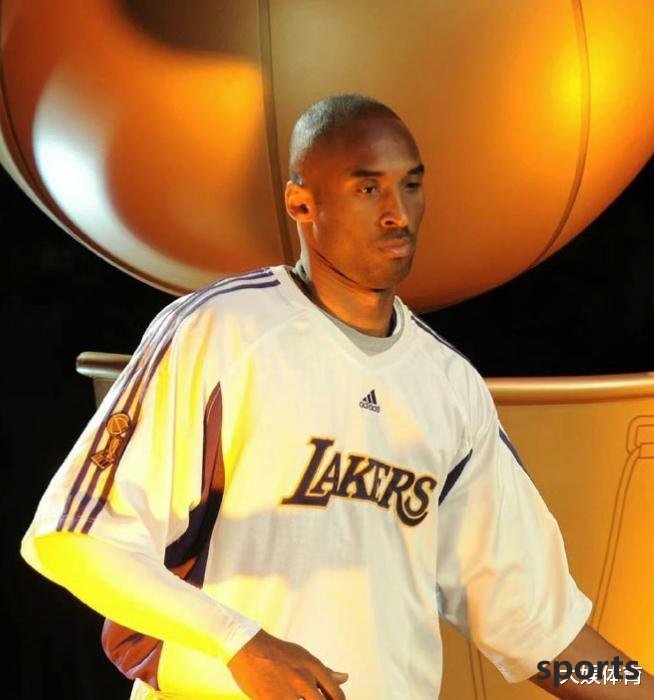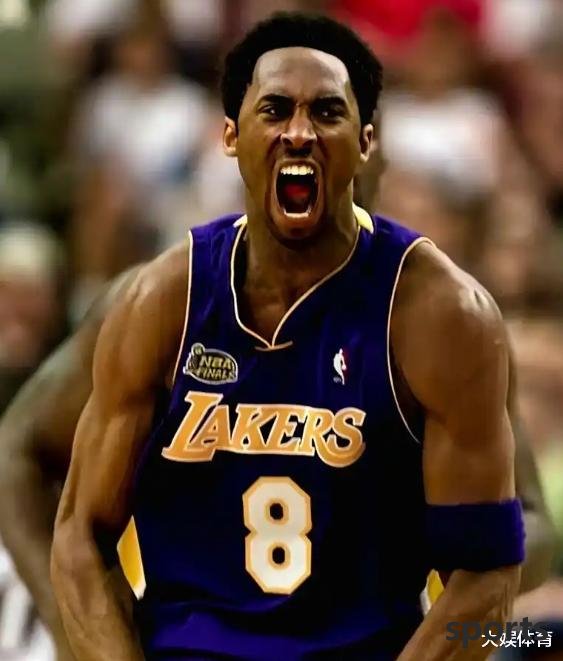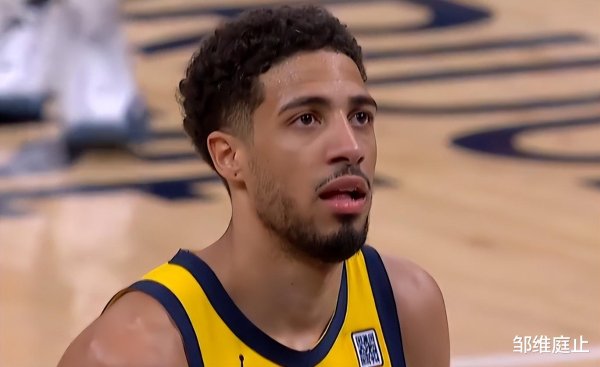HOME > Basketball
Why is the playoffs the stage to test superstars? That s what Harden is like
2:56am, 16 May 2025【Basketball】
On May 12, in the NBA world, the regular season and the playoffs are two completely different stages. The former is a marathon of 82 games, which tests the team's stability and the endurance of players; the latter is a close-killing life-and-death battle, competing with willpower, adjustment ability and killer instinct at critical moments. This is why people often say that the playoffs are the ultimate touchstone for testing superstars. James Harden's career has become the best footnote to this conclusion - he has a historically regular season performance, but has failed repeatedly in the playoffs and has not won the O'Brien Cup so far.

**The king of the regular season, the dominance of the data machine**
Harden's regular season resume is brilliant: 3 scoring champions, 1 assist king, 2018 MVP, 6 best team teams, and a total career score of more than 25,000 points. His three-pointers and foul ability reshapes the offensive logic of modern basketball, and the "magic ball theory" in the Rockets era operated with him as the axis. In the 2018-19 season, he averaged 36.1 points per game, second only to Jordan and Chamberlain's legendary data; after he transferred to the Nets in the 2020-21 season, he still achieved a quasi-triple double-double performance of 24.6 points, 8.5 rebounds, 10.9 assists. All of these numbers demonstrate their terrifying efficiency as a "regular season machine" - but the problem is that the ultimate goal of the NBA has never been data, but championships.
**The playoff curse: Highlights and Lost Loop**
Turning on Harden's playoff history, you will find a set of contradictory pictures: he had a legendary moment of 45 points in a single game to reverse the Clippers (G4 in the 2015 Western Conference Semi-Finals), and hitting the Warriors in an overtime finale (G3 in the first round of 2017), but more often it was a sudden "power outage" at critical moments. In the 2017 Western Conference semi-finals, he made 2 of 11 shots in the life and death battle, and only scored 10 points, watching the team lose 39 points; in the 2018 Western Conference Final tiebreak, when the Rockets made 27 consecutive three-pointers, he only made 15 shots as the core; in the second round of 2021, he returned to the Bucks with an injury, and G3 to G5 made a total of 8 of 32 shots. What is even more criticized is the change in its game mode - the unsolved breakthrough and pass-through in the regular season has dropped sharply under high-intensity defense in the playoffs, and the foul-making skills that rely too much on the referee's whistle often fail in the playoffs. This contrast directly led to his true shooting percentage in the playoffs (57.4%) being 4 percentage points lower than the regular season (61.4%), and his shooting percentage fell to 39.2% at critical moments (within 5 points in the last 5 minutes).

**Double dilemma of environment and choice**
Objectively speaking, Harden's playoff dilemma is not entirely attributed to the individual. During the Rockets, the management team was unable to equip him with a top inside line. Paul's hamstring injury in the 2018 Western Conference Finals missed the team; during the Nets period, Irving was accidentally injured and Durant lost to the Bucks; in the 76ers, Embiid's habitual weakness in the playoffs was encountered. But on the other hand, Harden's own career choice is also questionable - he has never accumulated skills in the trough like Kobe and Nowitzki, but instead frequently applies for transactions. From the Rockets to the Nets to the Sixers and the Clippers, the continuous reconstruction of the tactical system has further amplified his playoff adaptation cost. In contrast, Curry, of his contemporaries, chose to stick to it after the Warriors disintegrated in 2019, and finally completed the return of the king by transforming muscle to strengthen his muscles in 2022. This contrast highlights the difference in superstars’ attitudes towards “comfort zones.”
**Mirror of historical superstars: What is the real "playoff gene"? **
extends the horizon, and all the top ten superstars in NBA history are examples of the playoff upgrade. Jordan won 100% of the six finals, averaging 41 points in the 1993 Finals; Duncan never missed the playoffs in his 19-year career, and won the first place in the finals in scoring, rebounding, assists and blocks in 2003. Even LeBron, who was often criticized for being "soft at critical moments", scored 41 points in a row and saved the Cavaliers when he fell 1-3 in the 2016 Finals. The common point of these players is that in terms of physical fitness reserves, they will deliberately keep their strength in the regular season, and their playing time in the playoffs increases (Jordan averages 41.8 minutes per game in the playoffs, 4 minutes more than the regular season); in terms of technical level, they have indiscriminate singles ability (Jordan's back, Duncan's 45-degree board, Curry's no-ball running), and do not rely on specific rules or teammate configurations; in terms of mental attributes, they often break out in desperate situations (Kobe's 2000 Western Conference Finals G7 scored 25+11+7 with injuries, and Nowitzki scored 10 points in the final quarter of the 2011 Finals). And these are precisely the bottlenecks that Harden has never been able to break through.

**The revelation of the contemporary league: The separation between the regular season and the playoffs**
Harden's case reflects the increasingly obvious trend in the NBA in recent years - the regular season and the playoffs have almost become two types of sports. Rules encourage offense to expand regular season data (average scores per game this season has reached a record high of 115.6 points), but the playoffs have returned to traditional defensive strangling (the Celtics VS Heat series have seen multiple single-quarter scores of less than 20 points). The success of new generation superstars such as Jokic and Antetokounmpo is essentially an adaptation to this separation: the former develops unsolvable low-post support, while the latter polishes out the defensive deterrence of the penalty area. In contrast, Harden's technical iteration has always revolved around regular season optimization (retreatment three-pointers and throws), but he has not transformed from a "scoring king" to a "defensive team" like Jordan (Harden's career defense plus or negative value has always been negative). This bias in the end made him repeatedly restrained on the highest stage - in the 2023 Eastern Conference Semi-Finals, 34-year-old Harden hit only 39.3% in the series, and G6 made 4 of 16 shots in the life and death battle.
**Conclusion: The right to define a superstar**
Related Posts
- What are we talking about? Fans wearing Doncic s Lakers jersey chatted with Mavericks owner Dumont
- Hornets coach: Kneipelmann Sexton has a chance to start and they can play a key role
- Markkanen: Murinen is on the right path and he can make a fortune in the NBA
- Foreign media show James interacting with fans in the rain: Heavy rain cannot stop the whole city from moving to welcome James
- The sixth man once was! Analysis of how Clarkson supports the Knicks substitute attack
- No. 1 in the league! No. 1 in the league! The 24-year-old No. 1 pick is crazy about gaining muscles, he wants to hit the scoring champion + MVP
- Top 100 stars are released!
- What’s the matter! The Warriors quietly strengthened it, and they added 2 more! OK, I can explain it
- Return to the Cavaliers? James statement has caused heated discussion, US media lists 8 potential destinations, and the four top picks are expected to join forces
- 125 million in 5 years! The NBA s first contract of RMB 100 million this summer was born, and the number one player in the draft was counterattacked
Hot Posts
- What are we talking about? Fans wearing Doncic s Lakers jersey chatted with Mavericks owner Dumont
- Hornets coach: Kneipelmann Sexton has a chance to start and they can play a key role
- Markkanen: Murinen is on the right path and he can make a fortune in the NBA
- Foreign media show James interacting with fans in the rain: Heavy rain cannot stop the whole city from moving to welcome James
Recommend

Xu Jingyu beat Durant! He was fragile and cried when he lost. After joining the Warriors, he was the softest in the NBA

Curry breaks up with Under Armor, Kuminga decides not to play tomorrow, Moody Richard gains Kerr s trust

3-1! Harry s triple-double, Pacers beat the Knicks, Brunson and Siberdu were criticized by the US Open

Flying Giannis! The Bucks officially shared Antetokounmpo’s training photos with fans

NBA top air stagnant ranking, Jordan is not the first, Kobe is difficult to enter the top five

US media: Shepard almost shouted "idiot" to Hardaway, then remembered that he was still wearing a microphone

Bill’s wife posted: My mother said that if someone has no good words, she will shut up

Snyder: Risashe s judgment on the court has improved a lot, and his offensive style of play has also become diversified.